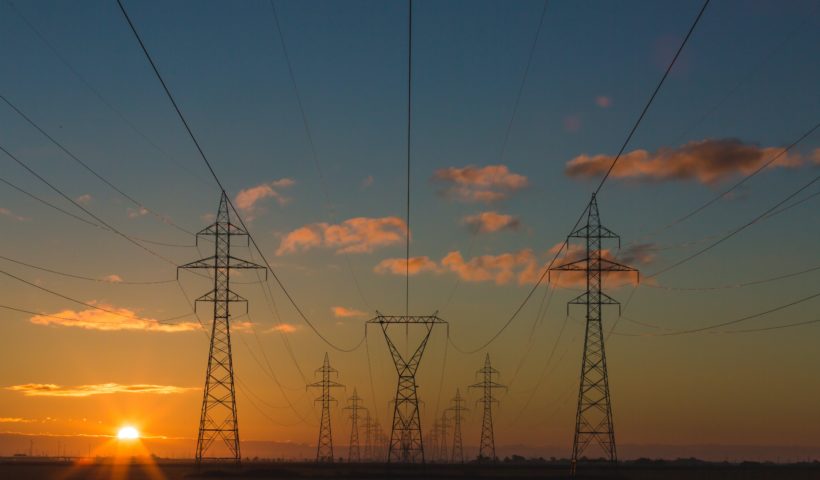A new publication in Nature reported the development of a near-ambient superconductor, a material without electrical resistance. Traditionally, materials only display superconductivity at low temperatures (-123 °C) or high pressure (>990,000 atm). The introduction of a superconductive material that operates at ambient temperatures and lower pressure could introduce faster and more energy-efficient technologies. However, a lack of rare resources and scrutiny of initial data may prevent this technology from reaching its full potential.
View More Advancements in Superconductors: New Hopes or False Promises?Tag: Energy
War and Progress: The Invasion of Ukraine and Its Impact on Renewable Energy
The Russian invasion of Ukraine has led to an energy crisis in much of the world. As a result, Western leaders are pushing for increased interest and investment in renewable energy. This introduces an ethical dilemma of the impacts of war on technological progress, and what it says about humanity that such motivations are required for change to be made.
View More War and Progress: The Invasion of Ukraine and Its Impact on Renewable EnergyHow California’s Heat Wave Almost Broke the State’s Power Grid
A historic heat wave in California has led to high demand for energy usage this past week, but officials have urged millions of residents to turn up their thermostats and shut off their appliances to prevent overwhelming the power grid. However, lawmakers and regulators at the forefront of the state’s green energy initiatives are also feeling the heat.
View More How California’s Heat Wave Almost Broke the State’s Power GridEurope’s Emerging Energy Crisis
Europe’s energy crisis this winter has forced countries into an increased reliance on fossil fuels; is there a way to make sure everyone has their energy needs met without worsening carbon emissions?
View More Europe’s Emerging Energy Crisis



